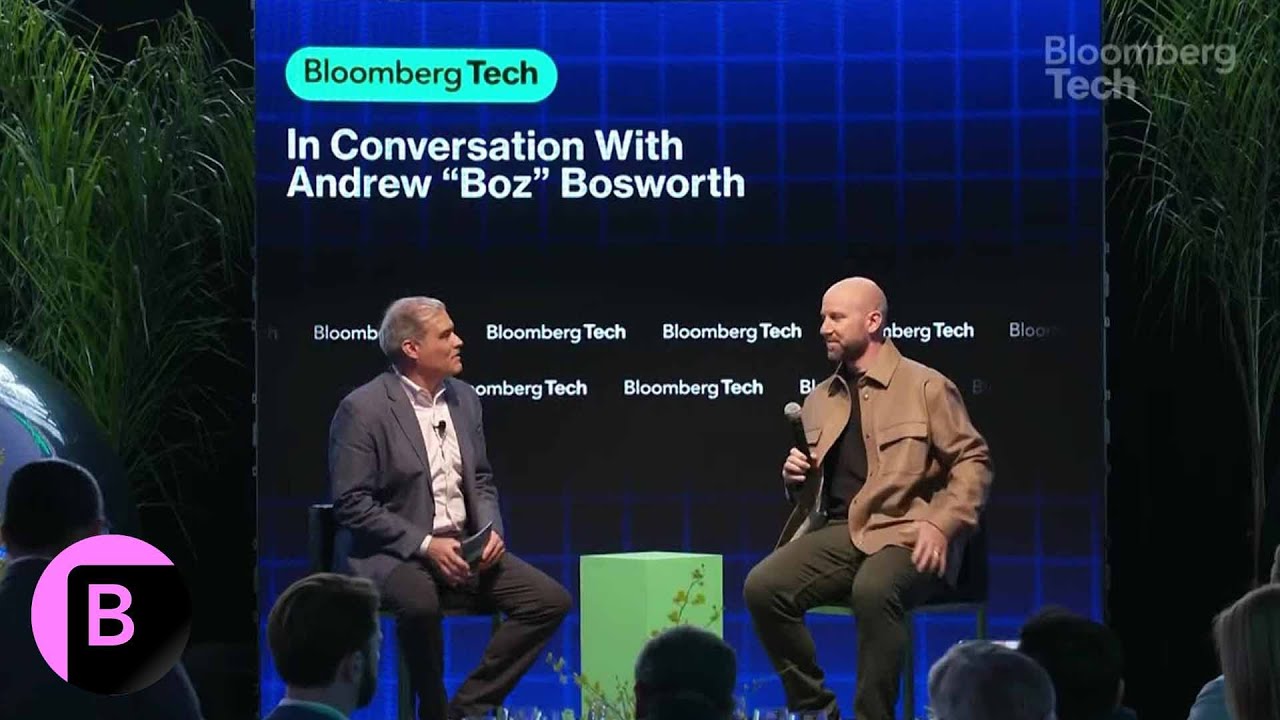Meta’s CTO, Bob, discusses the flexible and evolving nature of his role, emphasizing his focus on pioneering technologies like AR, VR, and robotics, and the importance of internal motivation and strategic execution for success. He also highlights Meta’s collaborations with the military driven by patriotism, the challenges of content moderation, and the critical year of 2024 for the metaverse’s future, stressing the significance of market adoption and technological breakthroughs.
In the interview, Bob, Meta’s CTO since 2022, discusses how the role of a CTO is highly adaptable and varies depending on organizational needs. He emphasizes that unlike more statutory roles like CFO or CEO, the CTO’s responsibilities are less standardized and can shift significantly over time. Bob highlights his deep involvement in pioneering technologies such as augmented reality, virtual reality, and robotics, describing his job as highly engaging and fun. He also notes that the role involves managing organizational teams and advising on strategy, with the flexibility to evolve based on what the company requires at any given moment.
Bob shares insights into how Mark Zuckerberg approaches new responsibilities, often asking what would excite him about a new role rather than assigning tasks outright. This approach encourages internal motivation and helps him envision how to make a role appealing. He recounts how this method has been effective in getting him to take on projects like Reality Labs and augmented reality initiatives. Bob also discusses a memo he circulated in late 2024, framing that year as pivotal for Reality Labs and the metaverse, emphasizing the importance of market adoption and technological breakthroughs in determining success.
Looking ahead, Bob describes 2024 as a critical year for the metaverse, where the company’s efforts could either be seen as visionary or a misadventure. He stresses that some years are more impactful than others, depending on environmental, technological, and competitive factors. He believes that the market will ultimately judge the success of their innovations, but internal execution and delivering on ambitious plans are crucial. He underscores the importance of focusing on what the company can control and executing effectively to ensure long-term impact.
The conversation shifts to Meta’s work with military applications and the broader relationship between private industry and defense. Bob explains that their involvement is driven by patriotism and a desire to improve military technology, returning to a historical partnership model rooted in collaboration among military, academia, and industry. He emphasizes that Meta’s contributions are primarily for consumer products, but the technology can have dual uses, including military applications. He advocates for a renewed partnership between Silicon Valley and the defense sector, believing it can lead to better, more cost-effective technology benefiting both national security and public interests.
Finally, Bob discusses Meta’s approach to content moderation and community safety. He acknowledges the challenges of balancing free expression with preventing harm, explaining that their systems aim to create a safe environment where most users have positive experiences. He admits that some moderation decisions have been imperfect, leading to false positives and unnecessary account removals, but stresses that their goal is to optimize for user experience and trust. He concludes by emphasizing the importance of focusing on what the company can control—solving real problems and improving user interactions—while maintaining a commitment to innovation and technological progress.
